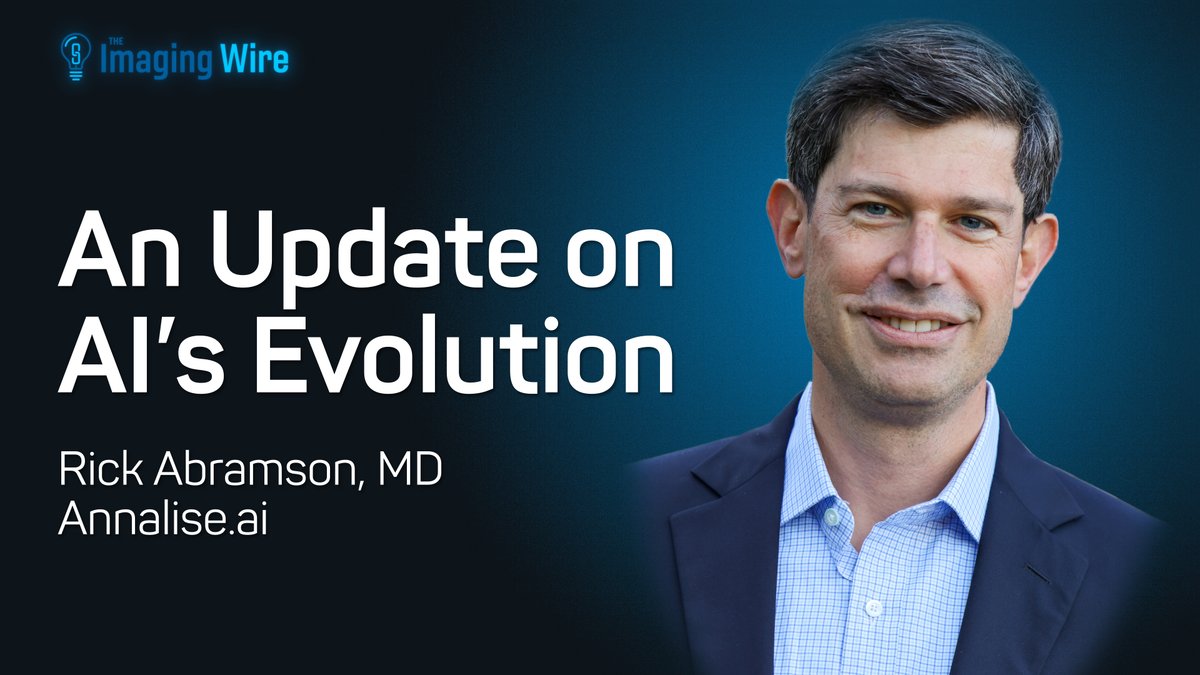How I Deploy Medical Imaging Apps
Hello Reader,
Welcome to another edition of PYCAD newsletter where we cover interesting topics in Machine Learning and Computer Vision applied to Medical Imaging. The goal of this newsletter is to help you stay up-to-date and learn important concepts in this amazing field! I've got some cool insights for you below ↓
Deploying Medical Imaging Apps on the Cloud
At PYCAD, we constantly work on deploying medical imaging applications on the cloud.
Here are 2 ways that we’ve used to do deployment:
1 - Google Cloud Run:
This is a service from Google Cloud Platform (GCP) where you can easily deploy containerized applications with few steps and without managing much of the infrastructure.
Pros:
- Easy to use.
- You pay only when your app is being used.
- Automatically scales when your app has more traffic.
Cons:
- Does not support GPU compute.
2 - Google Compute Engine:
This is another service from GCP which allows you to rent a virtual machine (VM) with the configuration that you like. You can choose the number of CPUs, GPUs and how much RAM you want.
Pros:
- You have much more control over the infrastructure of your app.
- You can use GPUs.
Cons:
- Takes more steps to configure than Cloud Run.
- You will be paying for the VM whether your app is being used or not.
As you can see, both approaches are on GCP. This is because we really like this cloud provider. Though they have less services than AWS, but they have very thorough documentation and many tutorials.
I should also mention that these are not the only 2 ways to deploy web apps on GCP. Also, we didn’t delve deep into the best way to deploy a medical imaging app if it contains deep learning models inside. Maybe I'll do this in the future.
My Brother Released an Open Source Medical Imaging Library
My Brother Mohammed has released a free open source library for medical imaging tasks. It's a library that allows you to do many things such as:
- Image File Conversion: Between NIFTI and DICOM formats.
- Visualization: Upcoming feature to visualize medical imaging data.
- Data Preprocessing: Including data splitting and annotation conversion.
- Dataset Creation: Configurations for YOLOv8.
Check out the library github repo.
Show him some love by adding a star (⭐) to that repo!
Moreover, you can easily figure out how to use the library through a chatbot interface where you can ask questions about what the library can do and also how to do specific things with it, such as converting formats or visualization.
You can test the chatbot live here.
Tweet of the Day
|
We Can Help You with Your Next Medical Imaging ProjectIf your company or organization is looking to build a machine learning solution for a medical imaging problem, then feel free to reach out to us at: We can help you build a full ML solution from training to deployment with affordable rates! You can check out some of the projects that we worked on here: https://pycad.co/portfolio and some of our clients case studies here. |
That's it for this week's edition, I hope you enjoyed it!
Machine Learning for Medical Imaging
👉 Learn how to build AI systems for medical imaging domain by leveraging tools and techniques that I share with you! | 💡 The newsletter is read by people from: Nvidia, Baker Hughes, Harvard, NYU, Columbia University, University of Toronto and more!
Hi Reader! I hope you're doing well in this fine weekend! In the past weeks I've been working on implementing basic image segmentation models for 2D and 3D from scratch. While doing so, I found a few things that were delightfully surprising while other things were painfully irritating. I tell you all about it in this edition of the newsletter! What Building AI Models from Scratch has Thought me One of the reasons why I did these experimentations was to understand some of the nitty gritty...
Hi Reader, I haven't sent you a newsletter email for some time now. This is because there are major events happening in my personal life. We just had our first kid, so I'm still trying to adapt to the new routine set by this cute little creature! I also changed my office! I used to work from home, but now I am working in a coworking space. I'm hoping that this will help me deliver more value to the newsletter subscribers as well as our clients at PYCAD. Now, back to the newsletter! I've got...
Hello Reader, Welcome to another edition of PYCAD newsletter where we cover interesting topics in Machine Learning and Computer Vision applied to Medical Imaging. The goal of this newsletter is to help you stay up-to-date and learn important concepts in this amazing field! I've got some cool insights for you below ↓ Applications of Machine Learning for Dentistry At PYCAD, we have worked a lot on the applications of AI to the dentistry domain. Here are 3 incredible ones. 1 - Diagnosis and...




